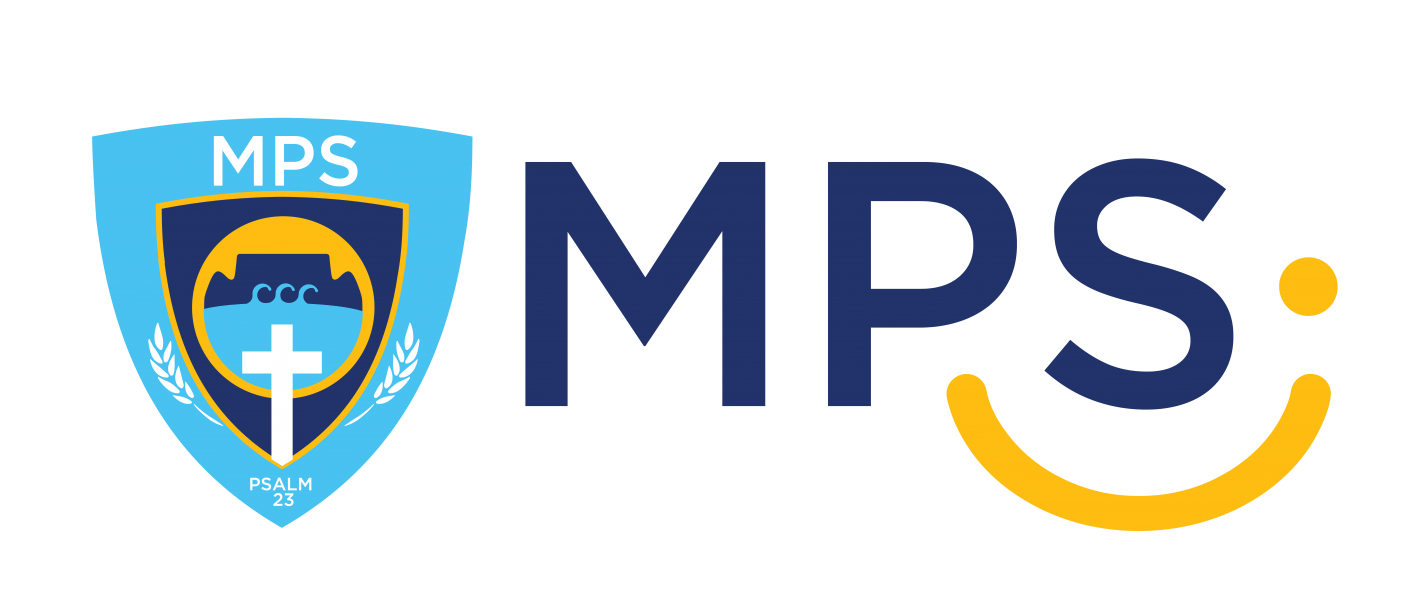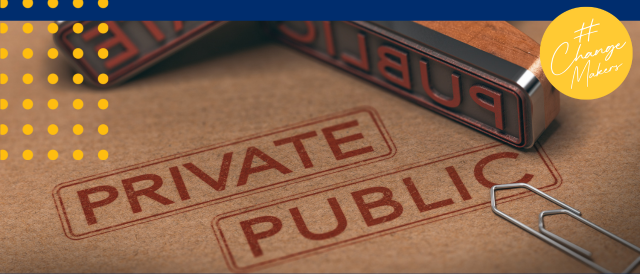How does a private school education contribute to this – is it just a luxury or is it worth the cost in South Africa’s tough economic climate today?
When it comes to your child – is there a Rand value that can be placed on their future, emotional well-being and quality of education? How does a private school education contribute to this – is it just a luxury or is it worth the cost in South Africa’s tough economic climate today?
South Africa’s deteriorating education system and curriculum has long been a subject of debate and even more so in the post COVID era. I remember a conversation a few years ago about when my son entered a private high school in which I half-jokingly said we’ll be eating bread and drinking water for the next few years to be able to afford it but we would do just that if it meant providing him with the best possible and affordable private education for his future. The reality we face in today’s tough economic climate is that parents are literally facing just that – making huge sacrifices to give their children the benefit of a private education. The questions they are asking themselves are: Is a private education worth it? Can we realistically afford it? Is private education a luxury or a necessity? Are we getting real value for our money?”.
Private schools, often associated with higher fees due to not receiving the substantial Government subsidies provided to government schools, have been a choice for many families seeking quality education and a better future for their children. The key question, however, now being raised is: “Is private school education in South Africa a luxury or a necessity and is it worth the cost ?” This article aims to explore the value of private school education, examining its benefits and also looks at why MPS offers you even more than is generally expected from a private school education .
What are some of the general benefits of private education?
- Quality Education – One of the primary arguments in favour of private schools is the higher quality of education they offer. Private schools generally have smaller teacher to student ratio due to manageable class sizes, enabling teachers to provide more individualised attention to students and resulting in learners who are better prepared for the next step in their schooling career (read more on the subject here: https://www.news24.com/citypress/news/38-of-grade-r-pupils-not-ready-for-school-have-a-lifelong-academic-disadvantage-20230515 ). This focused approach can lead to improved academic performance, a more conducive learning environment and emotional well-being. Additionally, private schools often invest in better facilities, educational curriculum and resources, and extracurricular activities, providing students with a more holistic educational experience.
“The benefits of smaller classes and the emotional well-being i.e. MPS High Touch methodology is very evident through every phase at MPS,” says Oloff Dreyer, CEO, “we see it in the excellent academic results of our flourishing, happy learners.”
- Specialised Curricula and Teaching Approaches – Private schools often have the flexibility to implement specialised curricula and teaching methodologies and approaches. They can adopt innovative teaching methodologies, such as project-based learning or international curricula. Such approaches can foster critical thinking, creativity, and a passion for learning, preparing students for future challenges and professions.
Over the past two years MPS has made important changes in this respect with the focus on providing “High Touch” education, the implementation of the innovative Keller learning methodology and the decision to transition from the CAPS to IEB curriculum which holds far better benefits and opportunities for learners.
- Values-Based Education – Another aspect that distinguishes private schools is the emphasis they place on values-based education. Many private schools promote a strong sense of discipline, ethical values, and character development together with academic instruction. This holistic approach aims to cultivate well-rounded individuals who not only excel academically but also become responsible and socially conscious young people and citizens.
“MPS is a place where we don’t just educate, we raise and release ChangeMakers who will go on to have a positive impact in the world,” says Mrs Antoinette Gauche, MPS’ head of ECD and Foundation phases.
“We do this in a truly unique, peaceful and natural rural environment, through a combination of High Tech/High Touch Quality Education, Active Readers programme and Innovative Learning Methodologies in partnership with Keller Education all underpinned by our Christian Values.”
Affordability vs. Quality ?
While private schools undoubtedly offer numerous advantages including a choice when it comes to curriculum and being able to attract the best teachers, the “luxury” label arises from the significant costs associated with them. Private schools do not have the benefit of receiving the same substantial Government subsidies afforded to state or public schools and therefore tuition fees in private schools can be high for many South African families, limiting access to those who can afford them.
MPS”s High school faculty not only has the accolade of being placed in the top 5 best small private schools in South Africa for the past 2 years but is also one of the more affordable private schools.
“With it’s consistently outstanding academic results serving as testament to the level of education at MPS we try to to provide a bridge of sorts – spanning the wide divide between the cost of public and private education and believe we are able to offer parents and learners a more affordable private school option without sacrificing on quality and emotional well-being,” says Mr Dreyer, “a recent article published on the cost of private schools perfectly illustrates my point.” (read the article here: https://businesstech.co.za/news/lifestyle/684653/top-performing-private-schools-in-south-africa-and-how-much-they-cost-to-attend/ )
Why is MPS unique and can it possibly give you more than you’d bargained for?
MPS can, naturally, boast with all the benefits of private schooling – small classes, individual attention, top teachers, etc. but what makes it more than just another private school?
“We believe that MPS has Innovated beyond the current education system and aims at ‘future-proofing’ learners by means of innovative teaching methodologies through our partnership with Keller Education and a balanced approach which provides “High Touch Education” as opposed to purely high tech academic education. Our Christian values are the core element of the school and forms the foundation for discipline, values-based education and emotional well-being to counter the downfall brought about by a lack of discipline in the general education system.” says Mr Dreyer.
“In a nutshell – in a High Tech world, Melkbosstrand Private School provides High Touch Education for High Impact in the world and thus offers learners and parents more than just the average school and education.”
What value is placed on a child’s well-being and his/her future – what is it worth?
“A hundred years from now it will not matter what my bank account was, the sort of house I lived in, or the kind of car I drove… but the world may just be different because I was important in the life of a child (Follow your dreams @Copyright 1996) ”
Is a private education and MPS in particular, worth it? When answering this question parents need to consider the question – ‘What is acceptable or what do you just accept when it comes to your child’s education and emotional well-being?” Is an outdated curriculum with only a 30% pass mark acceptable? Is it acceptable that my child cannot read properly? (interesting reads on this point: https://www.dailymaverick.co.za/article/2023-05-18-the-kids-are-alright-why-sas-poor-reading-literacy-results-cant-be-blamed-on-learners/ ; https://www.businesslive.co.za/bd/opinion/2023-05-18-nic-spaull-look-to-brazil-for-its-remarkable-turnaround-of-pupils-reading-skills/ ; https://ewn.co.za/2023/05/20/ramaphosa-concedes-reading-a-major-problem-for-sa-pupils ; https://www.dailymaverick.co.za/opinionista/2023-05-18-pirls-will-we-draw-wisdom-or-stay-on-disastrous-education-path/
How is it possible that my child’s emotional well-being and needs can be catered for in a class of between 35 – 50 children? Is a serious lack of innovation and exposure to the latest international trends in education methodologies and resources acceptable? What about my family’s and child’s religion and values? What will the future for your family and child’s culture and language be when the proposed Basic Educational Laws Amendment Bill (BELA) is adopted which will give the government and education department heads power over language policies and the curriculums that a school must adopt.” (interesting read: https://businesstech.co.za/news/business-opinion/682841/new-laws-for-schools-in-south-africa-back-in-the-hot-seat/ )
“In order to truly thrive and achieve their full potential, your child needs a school where they feel safe,they are not just a number, where their emotional well-being is as important as academic and sporting achievements. Do I want my child to attend a school that can offer quality education, focuses on emotional well-being that will prepare them for the future, a school that understands who they are and strives to bring the best out in them,” says Mr Allan Norton, MPS’ head of Intermediate, Senior and FET phases. “Our school community is made up of inspirational, supportive and dynamic educators, staff and directorate, who provide positive and personal attention to each learner through a well-balanced holistic education.”
“The MPS’ difference is evident in all our campuses and touches learners of every age – from our little ones at Noah’s Ark, through our Primary school phases to our young adults enjoying the final grades of their schooling career.”
“Our unique rural environment, reasonable fee structure, shift to the IEB curriculum, excellent discipline thanks to a Christian foundation and innovative learning methodologies such as the Keller Education approach are just some of the things that set us apart from the rest,” Mr Norton adds.
“We invite you to visit our beautiful campuses and to experience just what we’re speaking about – that which makes our school such a special place for scholars, staff, parents and the community.”


Recent Comments